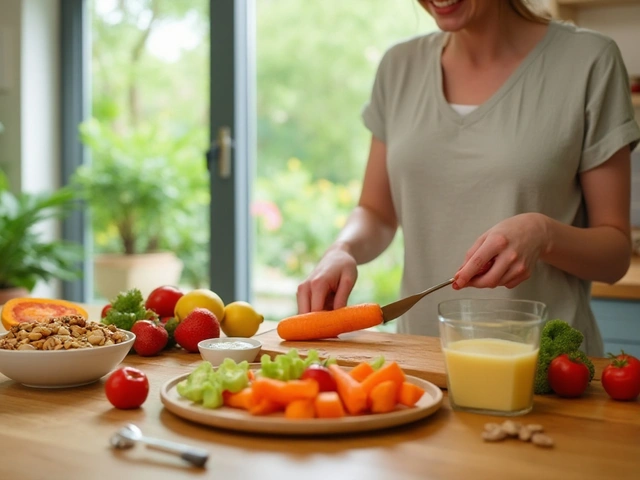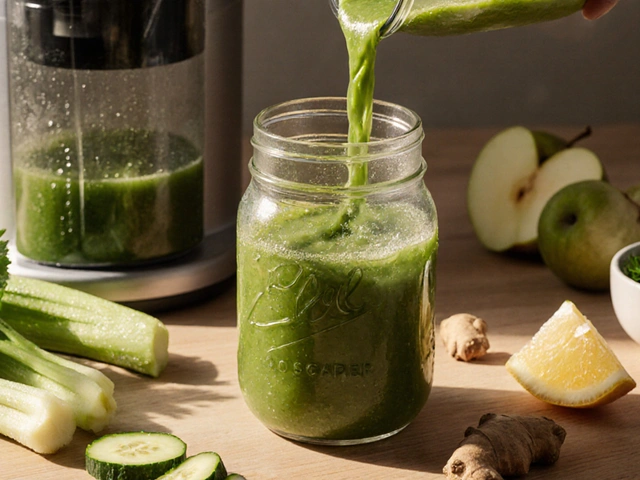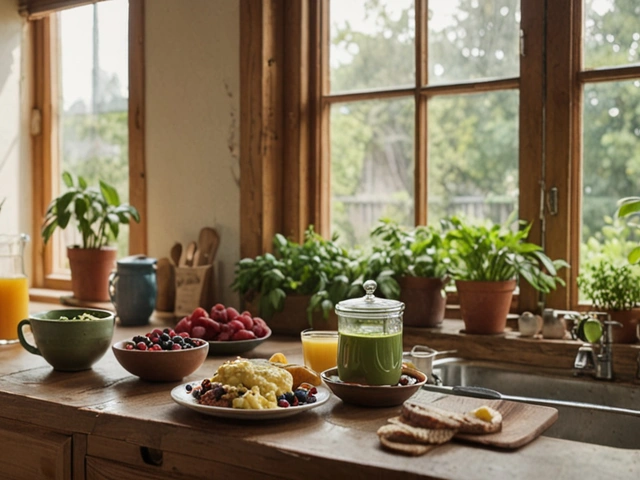The Power of Meditation: Finding Inner Peace
Meditation, often seen as a practice reserved for monks or yogis, is actually one of the most accessible and powerful tools for achieving serenity and stress relief. A cornerstone in the realm of relaxation techniques, its benefits are backed by a wealth of scientific evidence. A study published in the Journal of Psychiatric Practice suggests that mindfulness meditation can be incredibly effective in reducing symptoms of anxiety and depression. But what's truly remarkable about meditation is its ability to transform the very way we relate to thoughts and emotions, promoting a sense of peace that permeates our daily lives.
For those new to the practice, starting with just a few minutes daily can make a significant difference. The key is consistency. Over time, even the busiest minds can learn to find stillness. Apps like Headspace and Calm offer guided sessions that are perfect for beginners, leading you through the process and helping to establish a routine. As you progress, you may find yourself delving into different forms of meditation, such as loving-kindness or visualization, each offering unique benefits and paths to inner tranquility.
Deep Breathing Exercises: A Simple Path to Relaxation
Deep breathing exercises stand out for their simplicity and effectiveness. Rooted in various traditions, they are now widely practiced for their immediate stress-reducing effects. The beauty of deep breathing lies in its immediacy and accessibility; it requires no equipment, can be done anywhere, and the results are felt almost instantly. Techniques like the 4-7-8 method, where you inhale for four counts, hold your breath for seven, and exhale for eight, have been shown to calm the nervous system and promote a sense of relaxation.
Integrating deep breathing into your daily routine can be as simple as taking a few moments to focus on your breath during a break at work or before going to bed. The cumulative effect of regular practice can lead to significant improvements in overall well-being. It's fascinating how something as automatic as breathing can become a powerful tool for self-care when done with intention and mindfulness.
Embracing Mindfulness: A Guide to the Present Moment
Mindfulness, the practice of being fully present in the moment, offers a pathway to peace that counters the hustle and bustle of modern life. It's about noticing what's happening within and around us without judgement. Practicing mindfulness can take many forms, from mindful eating to simply observing your thoughts and sensations without getting caught up in them. The benefits, as documented in countless studies, include reduced stress, improved focus, and increased emotional resilience.
Starting a mindfulness practice can be straightforward. It might begin with paying attention to the sensations of your feet touching the ground as you walk or feeling the texture of your food as you eat. The goal is to engage fully with the present experience, using your senses as anchors to the here and now. Over time, mindfulness can shift your relationship with stress, helping you to navigate life's challenges with greater calm and acceptance.
Yoga: Uniting Body and Mind for Stress Relief
The ancient practice of yoga is much more than just a series of physical postures; it's a holistic discipline that integrates body, mind, and spirit. Studies, such as one in the Journal of Alternative and Complementary Medicine, have highlighted yoga's effectiveness in reducing stress and anxiety. Yoga's combination of movement, breathwork, and meditation can provide a comprehensive approach to relaxation. Whether you choose a vigorous Vinyasa flow or a gentle Hatha session, the practice can be adapted to suit your needs and preferences.
One of the beauties of yoga is its versatility. With the rise of online platforms and apps, you can now practice from the comfort of your home, regardless of your experience level. Starting with just a few poses and gradually incorporating more can build a foundation that supports both physical and mental health. As you deepen your practice, you may notice a sense of calm and clarity that extends beyond the mat, influencing all areas of your life.
In the quest for relaxation and stress relief, it's essential to remember that there's no one-size-fits-all solution. Exploring different techniques and practices can help you discover what works best for you. By incorporating meditation, deep breathing, mindfulness, or yoga into your routine, you're investing in your well-being and taking steps toward a more balanced and serene life.






